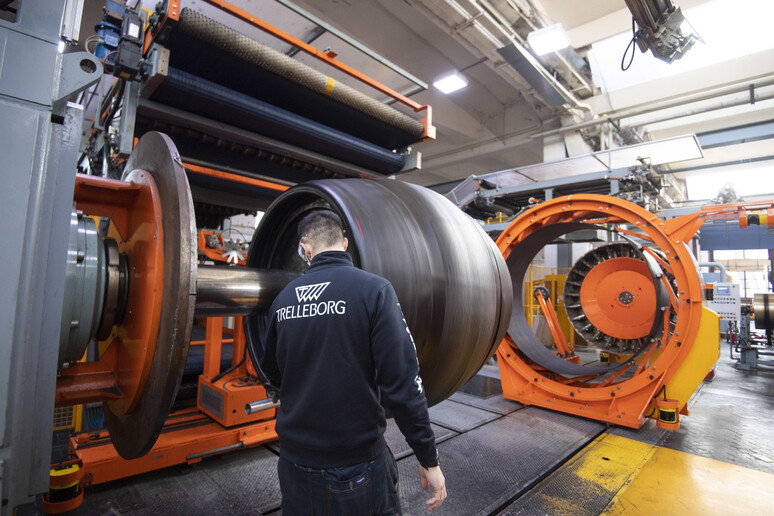Industry is a catalyst for
growth, research and innovation, but it is also a crucial
element to guarantee greater resilience in the face of various
crises, according to the MISTA project conducted as part of the
ESPON European cooperation programme specializing in regional
analysis.
In recent years European cities have rediscovered the importance
of industry for local economies, organizing initiatives designed
to attract talent, investment and companies or to keep the ones
they already have, the study said.
The researchers explained that, with this favourable climate,
some industrial activities have returned to urban areas and,
while the nature of this return is substantially different to
what happened in previous decades, it is still possible to
acknowledge that there has been an important revival.
In this context, metropolitan cities play a fundamental role in
the development of appropriate industrial strategies, both by
constructing visions and scenarios, and by providing incentives
and instruments for a new dialogue between cities and
manufacturing.
The study gives several examples: from the Brussels programmes
that promote the circular economy to projects that mix
industrial, residential and cultural functions, as in Rotterdam,
and plans for the construction of new urban models as observed
in Paris and London.
Among the cases examined was that of Turin, where projects have
been staged to reuse abandoned areas of the city and give them
advanced productive functions.
"The EU is particularly attentive to this challenge, as
highlighted by the New Leipzig Charter on Sustainable European
Cities, which was approved in November 2020," explained Valeria
Fedeli, a lecturer in urban planning and policy at the
Politecnico di Milano university.
"The document sets out three key areas for the city of the
future, including the 'city of production' and it calls on
cities to go in this direction, going beyond the idea that
manufacturing is not compatible with urban areas".
The project concludes with a series of recommendations for local
authorities and agencies for them to become the lead players of
this important process of strategic planning, highlighting, on
one hand, the need to be more attentive observers of the ongoing
processes, and, on the other, the need to provide instruments
that make it possible to maintain and revive the role of
industry in cities, constructing integrated spaces and making
urban areas welcoming places.
ALL RIGHTS RESERVED © Copyright ANSA











